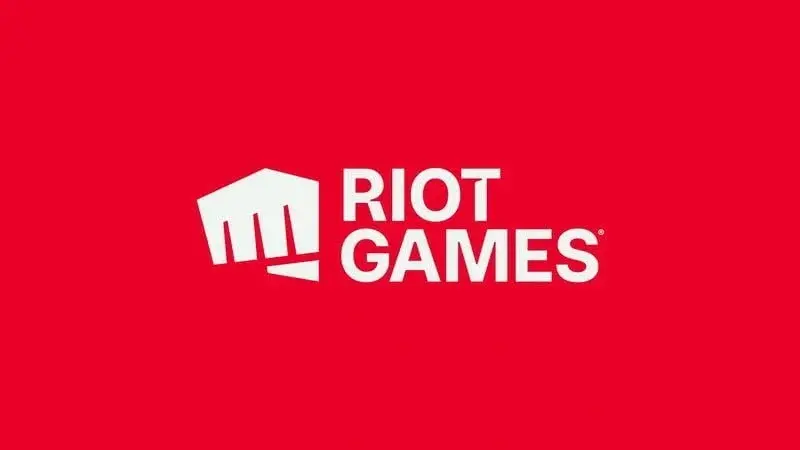Riot Games, the popular game developer known for “League of Legends,” recently announced a significant reduction in staff. This decision will impact approximately 11% of its global workforce, which translates to around 530 employees facing an uncertain future. The news of these layoffs has sent shockwaves through the gaming community, shedding light on the challenges that even successful digital game publishers are facing in today’s economic climate.
The Impact of Layoffs
With 11% of its workforce being let go, Riot Games is making a significant cut to its staff. This translates to approximately 530 employees who will be affected by this decision. The layoffs are a result of the company’s recognition of the harsh realities of a stagnant market. Factors such as high inflation rates and a trend among players to limit their spending on new titles or stick with their favorite games have taken a toll on the gaming industry as a whole. Riot Games is not alone in this struggle, as other companies like Electronic Arts also had to downsize their workforce in the past year.
Acknowledging Challenges
In a letter to employees, CEO Dylan Jadeja openly acknowledged the challenges that Riot Games is facing. He recognized the company’s loss of focus and the unsustainable growth in costs. This level of introspection is rare within a major gaming company and provides a glimpse into the internal workings of the industry. It shows that even companies that are often seen as invincible by their fan base are not immune to the economic pressures and challenges of the market.
A Shift in Strategy
The restructuring at Riot Games goes beyond just cutting jobs. The company aims to refocus its efforts on its most successful titles, including “League of Legends,” “Valorant,” “Teamfight Tactics,” and “Wild Rift.” However, this strategic shift also involves the cessation of new game development under the “Riot Forge” label and a scaling back of certain features and staff in “Legends of Runeterra.” These moves highlight the depth of Riot Games’ commitment to streamlining its operations and focusing on its core strengths.
A Sign of Things to Come
Riot Games’ pivot comes at a time when its parent company, Tencent Holdings, is making broader moves within the gaming industry. Tencent is also invested in other major U.S. gaming companies like Epic Games. The changes happening at Riot Games could be a sign of things to come for the industry as a whole. As companies strive to adapt to the evolving gaming landscape and economic pressures, we may see more restructurings and strategic shifts among game developers.
In conclusion, Riot Games’ recent announcement of staff layoffs highlights the challenges that even successful game publishers face in today’s economic climate. The company’s recognition of these challenges and its strategic shift to refocus on its most successful titles demonstrate its commitment to adapt and thrive in the ever-changing gaming industry. As the industry evolves, we may see more companies making similar moves to navigate the economic pressures and changes in the gaming landscape.


Leave a Reply